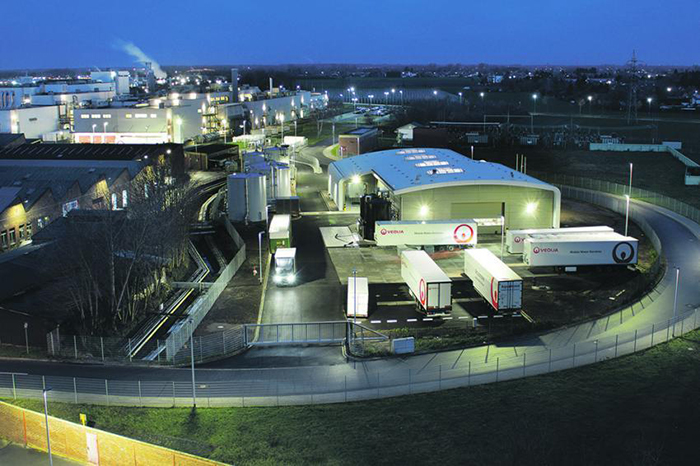

2022/06/21
Eco-minded companies are collaborating to counter the growing environmental impact of carbon fiber-reinforced plastics (CFRPs).
CFRPs have become the material of choice for countless applications in the aerospace, automotive and other industries. Their unrivaled combination of high rigidity, strong resistance to corrosion and high strength-to-weight ratio often make them a superior alternative to more traditional materials like steel, wood and aluminum. As prices have fallen, CFRP sales have expanded and demand is projected to grow around 7.5% per annum until 2025(*1).
Unfortunately, CFRP production requires a large amount of energy and generates considerable waste heat, emissions and industrial waste. Moreover, most end-of-life CFRP components are incinerated or disposed of in landfills because they are difficult and costly to recycle. As the production and disposal of CFRPs increases, their impact on the environment rises as well. This is leading to pressure to enact stricter environmental regulations, especially in regard to greenhouse gases (GHGs). In Europe, for example, environmental legislation requires 80,000 tons of CFRPs to be recycled every year from 2025(*2).
All tenants at Oberbruch Industrial Park in Heinsberg, Germany benefit from the innovative efforts of park operator Veolia to affordably and efficiently provide energy, water and waste disposal services. Among Veolia’s acclaimed efforts is the reuse of waste heat from the carbon fiber manufacturing facilities of tenant Teijin Carbon to heat water for companies in the park(*3). This heat reuse system saves around 1,600 tons of CO₂ emissions annually, which is equivalent to approximately 1,000 diesel vehicles driving 10,000 kilometers each year. The system is expected to fully pay for itself through energy savings and a grant from Germany’s Federal Ministry for Economic Affairs and Energy(*4) – proving that innovation can be both environmentally and financially rewarding.
CFRPs are difficult and costly to recycle by conventional chemical, mechanical and thermal means. So Teijin, one of the world’s leading manufacturers of carbon fiber products, has been pursuing easier, more affordable recycling solutions. In addition to developing alternative technologies in-house, Teijin has been collaborating with other companies to complement its efforts. In February 2022, Teijin formed an alliance with Fuji Design Co., which produces high-quality recycled carbon fibers from used CFRP composites by employing a proprietary “precision pyrolysis” technology to remove matrix resins. This method is much easier and less expensive than conventional recycling techniques and produces 90% fewer emissions than the production of carbon fibers from virgin raw materials. Together, Teijin and Fuji Design Co. are establishing a business structure for the production, supply and commercialization of CFRP products made from high-quality recycled carbon fibers. Japan’s Ministry of the Environment is partially subsidizing the facilities in recognition of their potential to reduce environmental impact(*5).
Collaborative ventures are always welcome at Teijin. As illustrated by the two success stories above, such partnerships can create better solutions for customers, effectively reduce the environmental impact of CFRPs and earn the support of governments around the world. Join Teijin in a win-win relationship that will benefit your company and the global environment.
